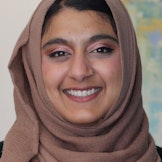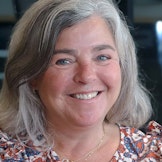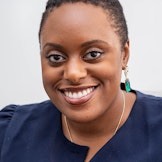404
Page not found
We’re sorry... for some reason we couldn’t find the page you’re looking for.
Browse our areas of focus
Join our Team
Support Third WayMake a Donation
Third Way is a non-profit organization. Our policy innovations, rigorous research, and issue campaigns are made possible by the sustained engagement and generous contributions of our supporters. For more information on how to support the work of Third Way, please contact:
Emily Sternfeld
Vice President of Development and External Affairs
(202) 384 1700
[email protected]
Subscribe
Get updates whenever new content is added. We'll never share your email with anyone.









